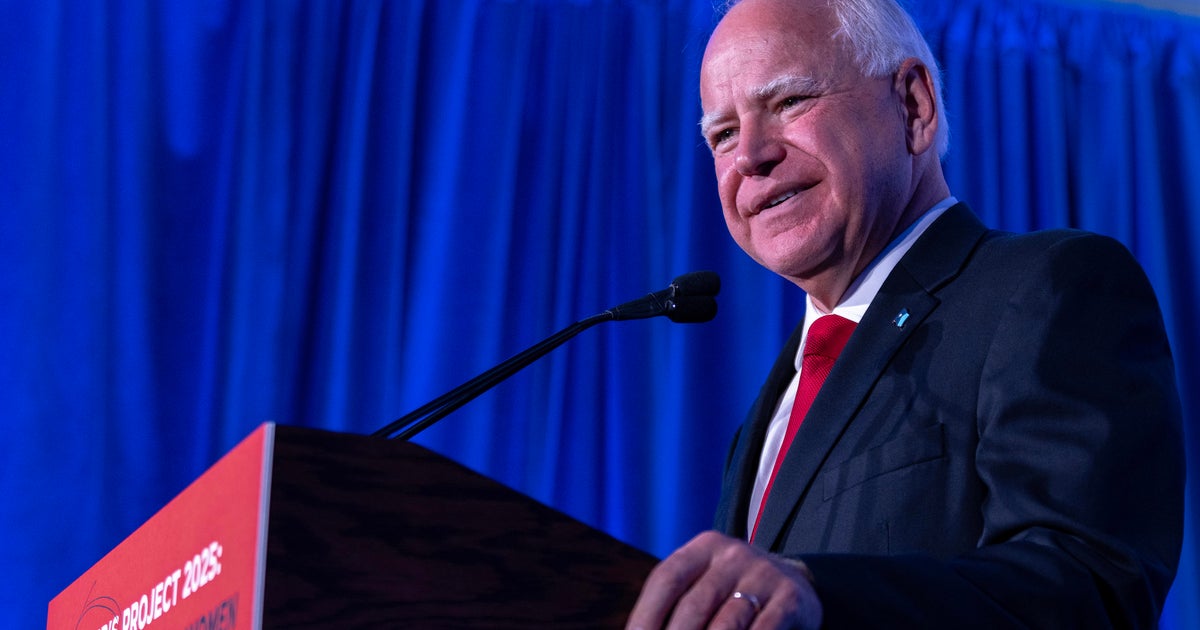Minnesota's one-time tax rebate will be federally taxed, Gov. Walz says he's "deeply disappointed"
ST. PAUL, Minn. — Minnesotans who cashed their one-time rebate check this year will owe the federal government come tax time.
More than 2 million Minnesotans received anywhere from $260 to $1,300 in tax rebate payments, as part of the $3 billion One Minnesota budget signed into law by Gov. Tim Walz in May.
MORE: Minnesota has a $2.4 billion surplus, but a deficit could be looming, state budget officials say
Ryan Brown with the Minnesota Department of Revenue tells WCCO that while the rebates aren't taxable in Minnesota, the IRS says they're taxable on the federal level.
Depending on the amount of the rebate, and an individual's federal tax bracket, recipients may be liable for between $26 and $286.
"We will be sending form 1099-MISC to all rebate recipients for them to use when filing their federal individual income tax return in 2024," Brown said. "Taxpayers should use the information on this form when filing their 2023 income tax return. If they include this payment in their federal adjusted gross income, they should subtract it from their Minnesota taxable income on line 33 of Schedule M1M on their Minnesota return."
Gov. Walz "deeply disappointed"
During a press conference on Wednesday, Walz said he is "deeply disappointed" that federal taxes will be collected from the rebates and said the state is being treated unfairly. He even went so far as to call it "bulls---."
Walz said he's been on the phone with the IRS and White House Chief of Staff Jeff Zients.
Walz says the end of the federal disaster declaration allowed this to happen. The Minnesota Legislature apparently missed the deadline by about two weeks.
MORE: Minnesota's new state seal has been chosen - and it has a loon
Eligibility for the rebates was income-based. Those making $75,000 or less received $260; couples making $150,000 or less got $520; and parents in those income brackets got another $260 per child — for up to three kids — with the maximum possible credit of $1,300.
NOTE: The original airdate of the video attached to this article is Nov. 15, 2023.




